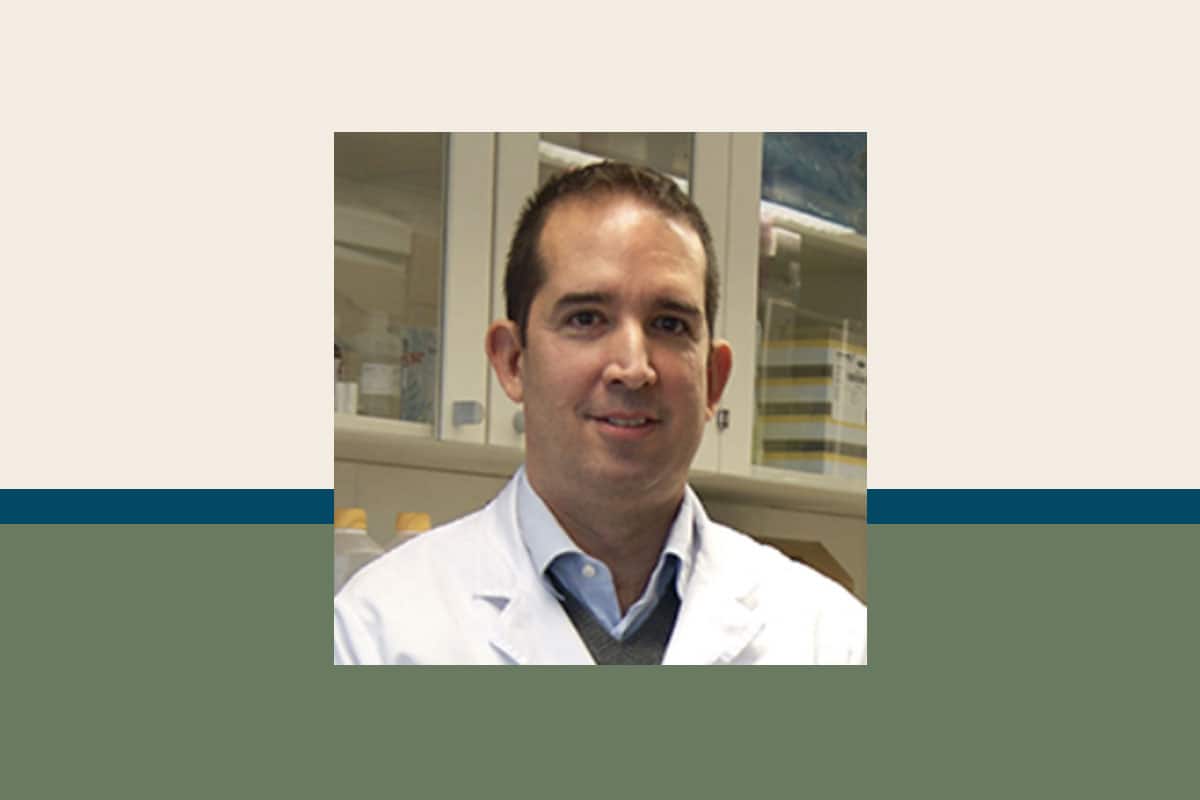Speaker –
BANT AGM & Conference 2021
Dr. Jesus Castro-Marrero, PhD
Jesus Castro earned his Biochemistry degree from University of Havana Biological Sciences School (La Havana, Cuba) in 1987. He then moved to the Molecular Biology lab led by Prof Alfredo Blanco-Quirós (Department of Pediatrics, Valladolid University School of Medicine, Valladolid, Spain), where he obtained his Ph.D. degree in Biological Chemistry and Molecular Biology, under the supervision of his mentor Dr. Juan J. Telleria in 1999. His Ph.D. work was devoted to the study of the molecular and genetics basis of respiratory diseases in infants, children and adolescents.
He then moved to the Prof Weiss lab (Channing Lab, Brigham and Women’s Hospital, Harvard University School of Medicine, Boston, USA) in 2000 where he focused on pharmacogenetics and pharmacogenomics analysis in asthma therapy using high-throughput technologies. In 2001, he returned to Spain to begin work as a post-doctoral research fellow in the lupus core lab led by Dr. Josep Ordi-Ros at the Research Unit in Systemic Autoimmune Diseases at the Vall d’Hebron University Hospital Research Institute (VHIR) in Barcelona, Spain. The goal of the project was focusing on the analysis of immunogenetic and molecular pathways in autoimmune conditions as Systemic Lupus Erythematosus.

In 2011, he moved back to chronic fatigue lab as a Clinical Research Associate to develop a new research lab on the study of Chronic Fatigue Syndrome/Myalgic Encephalomyelitis (CFS/ME) and pain as well as potential treatment intervention trials in CFS/ME patients at the VHIR. Dr Castro is currently the coordinator of the CFS/ME Research Unit at the VHIR.
The VHIR CFS/ME Research Working Group is focusing on the elucidation of the immunogenetic, neuroinflammatory and oxidative and nitrosative stress (O&NS) pathways in addition to pathophysiology mechanisms causing central and peripheral fatigue and chronic pain in CFS/ME to: (1) identify potential biomarkers for the early detection, diagnosis, patients stratification, disease progression, prognosis or response to treatments, (2) identify new molecular targets for potential therapeutic intervention, (3) develop novel and more effective therapeutic strategies with disease-modifying potential, and (4) unravel novel immune and molecular pathways common to other neuroinflammatory and systemic autoimmune illnesses.
